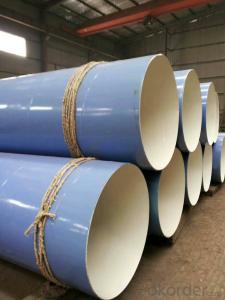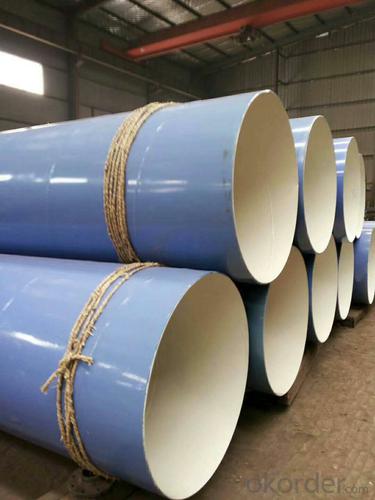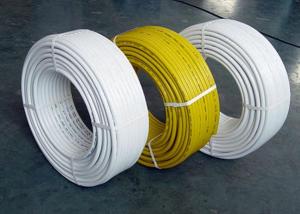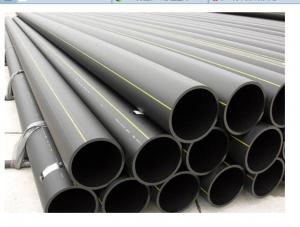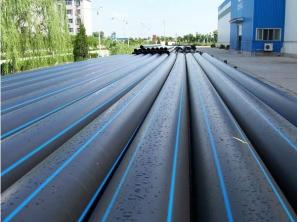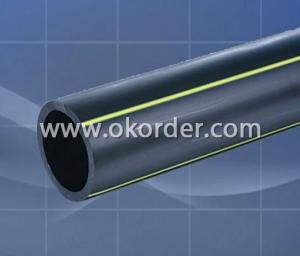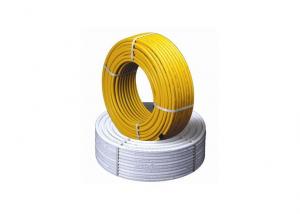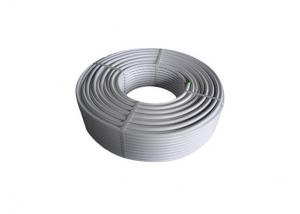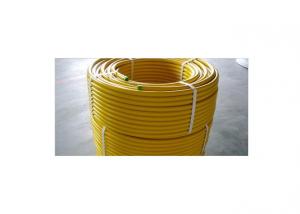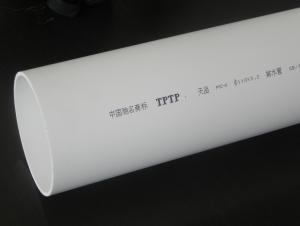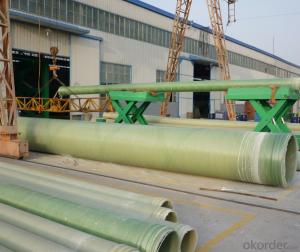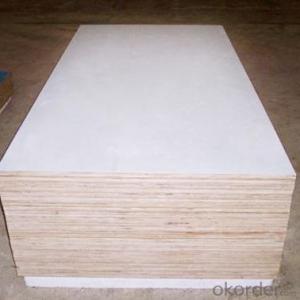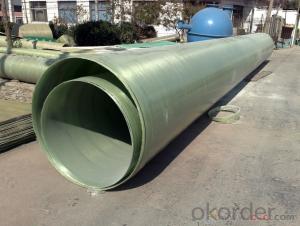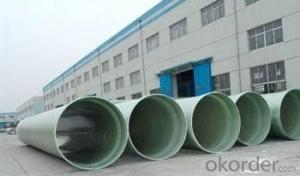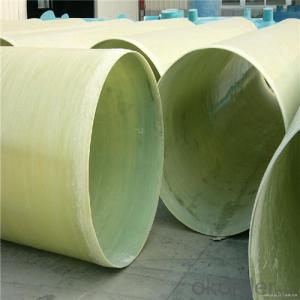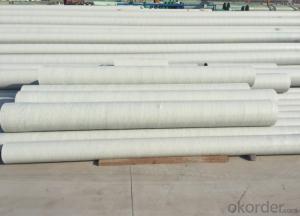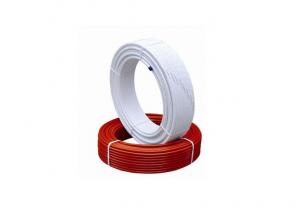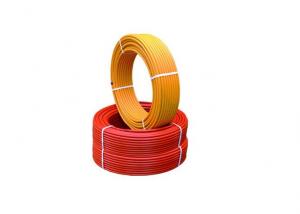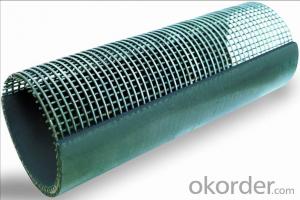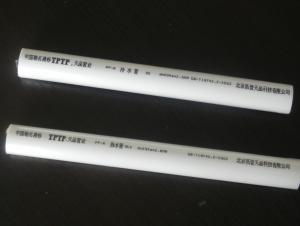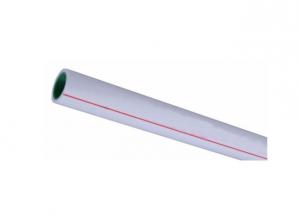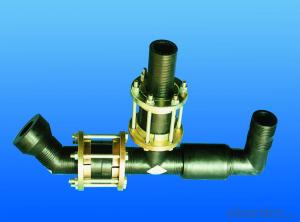Composite Epoxy Powder FBE Anticorrosive Steel Pipes
- Loading Port:
- Tianjin
- Payment Terms:
- TT OR LC
- Min Order Qty:
- 544 m²
- Supply Capability:
- 55443 m²/month
OKorder Service Pledge
OKorder Financial Service
You Might Also Like
Epoxy powder is a kind of thermosetting and non-toxic coating. After curing, it forms a cross-linked structure coating with high molecular weight. The coating is 100% solid, solvent-free and pollution-free, the powder utilization rate can reach more than 95%, the anti-corrosion coating has low water absorption rate, high mechanical strength and small friction coefficient, which can achieve the purpose of long-term use. It can also effectively prevent the destruction of plant roots and soil environmental stress. Easy connection and maintenance.
Universal colors: gray, black, blue, red, white, green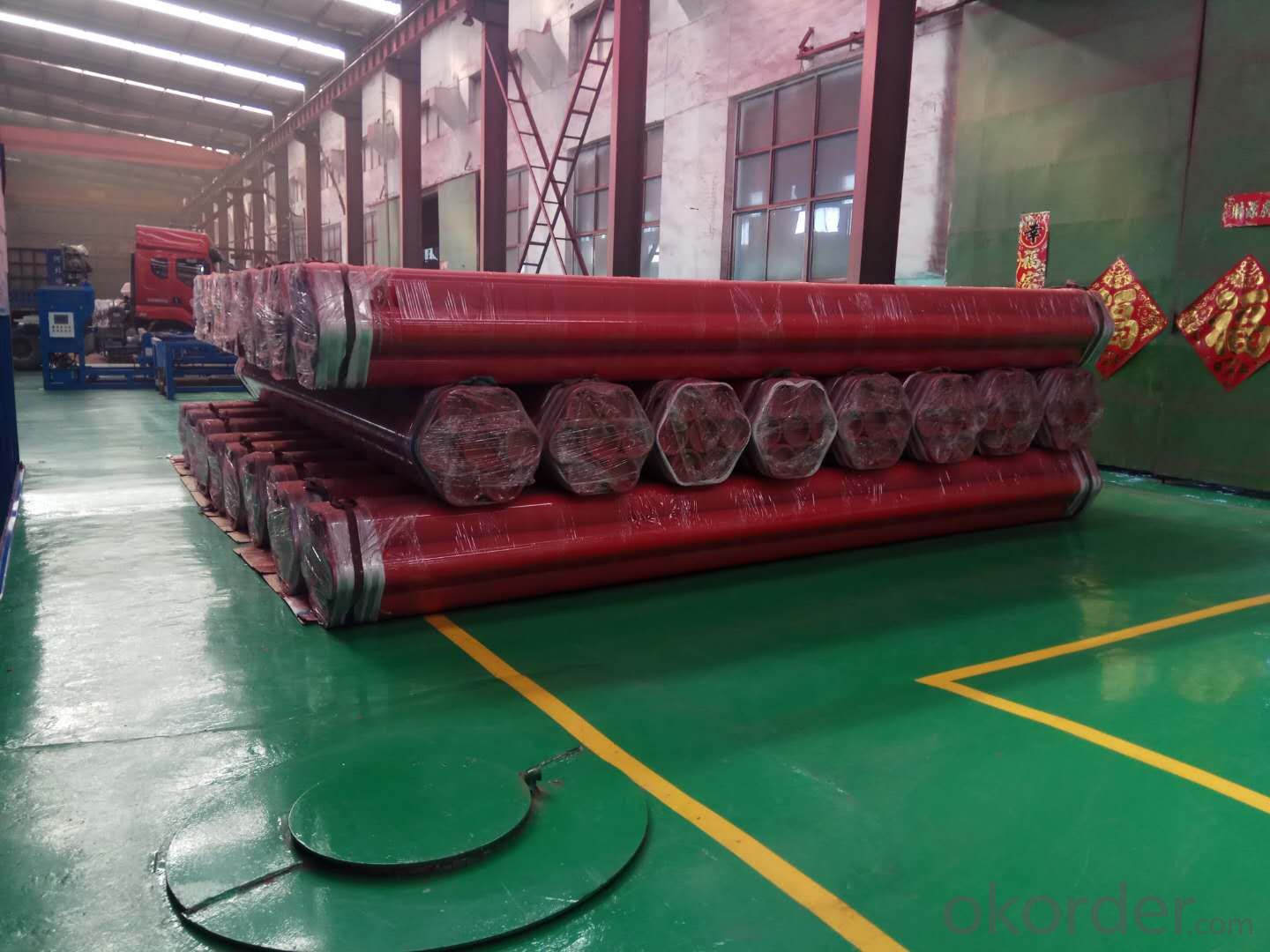
Coating thickness: PE(modified polyethylene) coating thickness is 400um - 1000um
EP(epoxy resin) coating thickness of 50um-550um is a high quality anticorrosive coating for buried steel pipe. Epoxy powder USES epoxy powder coating base polyethylene PE and adhesive winding or coating to form a three-layer PE process, which is the pipe anti-corrosion technology commonly used at home and abroad, and is also the pipe anti-corrosion technology used at home and abroad for west-east gas transmission and oil and gas, urban gas supply and water supply.
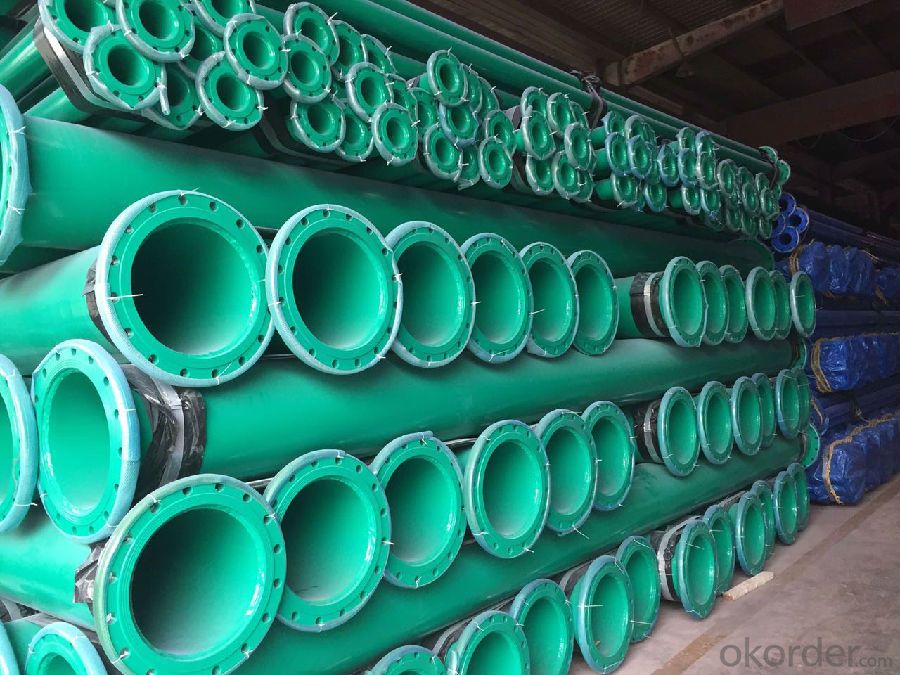
FBE anti-corrosion of steel pipe is how to effectively prevent the pipeline corrosion, passes through in the city gas pipeline buried FBE anti-corrosion of steel pipe conveyor can enter the homes of residents, however, the underground soil electrolytic weightlessness, PH value, amount of chloride ions, electrons, moisture, mobile friction, etc., are all cause corrosion to underground pipeline. The corrosion rate of the underground Cl- ion concentration on the material is the average corrosion rate of the underground material and the local corrosion expansion rate. When the water contains CO2 and so2-4, or the concentration of H is high, the water is corrosive. The water containing corrosive CO2 can dissolve calcium in concrete and quickly corrode the pipe. In this respect, the gas transmission pipeline using FBE anti-corrosion steel tube can use its efficient anti-corrosion performance to prevent the corrosion of CO2 and negative ions on the pipeline. The main components of FBE anti-corrosion steel pipe are steel pipe and anti-corrosion layer, but the production cost is much more than that
- Q: How do composite pipes compare to PVC pipes?
- Composite pipes are generally more durable and resistant to corrosion than PVC pipes. They have a higher tensile strength and can withstand higher temperatures and pressures. Additionally, composite pipes have a longer lifespan and require less maintenance compared to PVC pipes.
- Q: What is the meaning of "PSP" in water supply PSP steel plastic composite pipe?
- P is the abbreviation of PE, PPR, PERT, S is the abbreviation of metal, PSP is two layers of plastic, the middle is steel composite, can withstand high pressure pipe.
- Q: Can composite pipes be used for sewage treatment plants?
- Yes, composite pipes can be used for sewage treatment plants. Composite pipes offer several advantages such as corrosion resistance, durability, and lightweight construction, which make them suitable for the harsh and corrosive environments typically found in sewage treatment plants. Additionally, composite pipes have smooth interiors that prevent the build-up of debris and promote efficient flow, making them an ideal choice for transporting sewage and wastewater in such facilities.
- Q: Can composite pipes be used for power plant cooling systems?
- Yes, composite pipes can be used for power plant cooling systems. Composite pipes offer several advantages such as corrosion resistance, high strength-to-weight ratio, and reduced thermal conductivity. These properties make them suitable for handling high-temperature fluids and withstanding the harsh environmental conditions typically found in power plant cooling systems.
- Q: Can composite pipes be used for swimming pool installations?
- Yes, composite pipes can be used for swimming pool installations. Composite pipes, which are made of a combination of materials such as fiberglass and resin, are known for their durability, corrosion resistance, and ability to withstand high-pressure systems. These pipes are commonly used in various industries, including swimming pool installations, due to their strength and long lifespan.
- Q: Do composite pipes have a lower thermal conductivity compared to plastic pipes?
- Yes, composite pipes generally have a lower thermal conductivity compared to plastic pipes.
- Q: How do composite pipes perform under extreme temperatures?
- Composite pipes are designed to withstand extreme temperatures. They have excellent thermal properties, allowing them to maintain their structural integrity even in high or low temperature environments. Additionally, their unique composition ensures that they do not expand or contract significantly, minimizing the risk of leakage or damage. Overall, composite pipes are highly reliable and perform well under extreme temperature conditions.
- Q: Are composite pipes suitable for hydroelectric power plants?
- Yes, composite pipes are suitable for hydroelectric power plants. Composite pipes offer several advantages such as high strength-to-weight ratio, corrosion resistance, and durability, making them ideal for transporting water in hydroelectric power plants. Additionally, composite pipes are more cost-effective than traditional materials like steel or concrete, making them a preferred choice in the construction and maintenance of hydroelectric power plants.
- Q: Do composite pipes have a lower friction loss compared to plastic pipes?
- No, composite pipes generally have higher friction loss compared to plastic pipes.
- Q: PSP plastic steel composite pipe and lining plastic pipe are not the same kind of pipe?
- PSP steel plastic composite pipe: P is PE or PPR and PERT S is referred to as material, steel pipe is referred to as PSP, inside and outside the plastic intermediate steel composite, PSP steel plastic composite pressure pipe, steel wire mesh, and PE coated steel mesh steel plastic pipe, steel plastic pipe,
Send your message to us
Composite Epoxy Powder FBE Anticorrosive Steel Pipes
- Loading Port:
- Tianjin
- Payment Terms:
- TT OR LC
- Min Order Qty:
- 544 m²
- Supply Capability:
- 55443 m²/month
OKorder Service Pledge
OKorder Financial Service
Similar products
Hot products
Hot Searches
Related keywords
